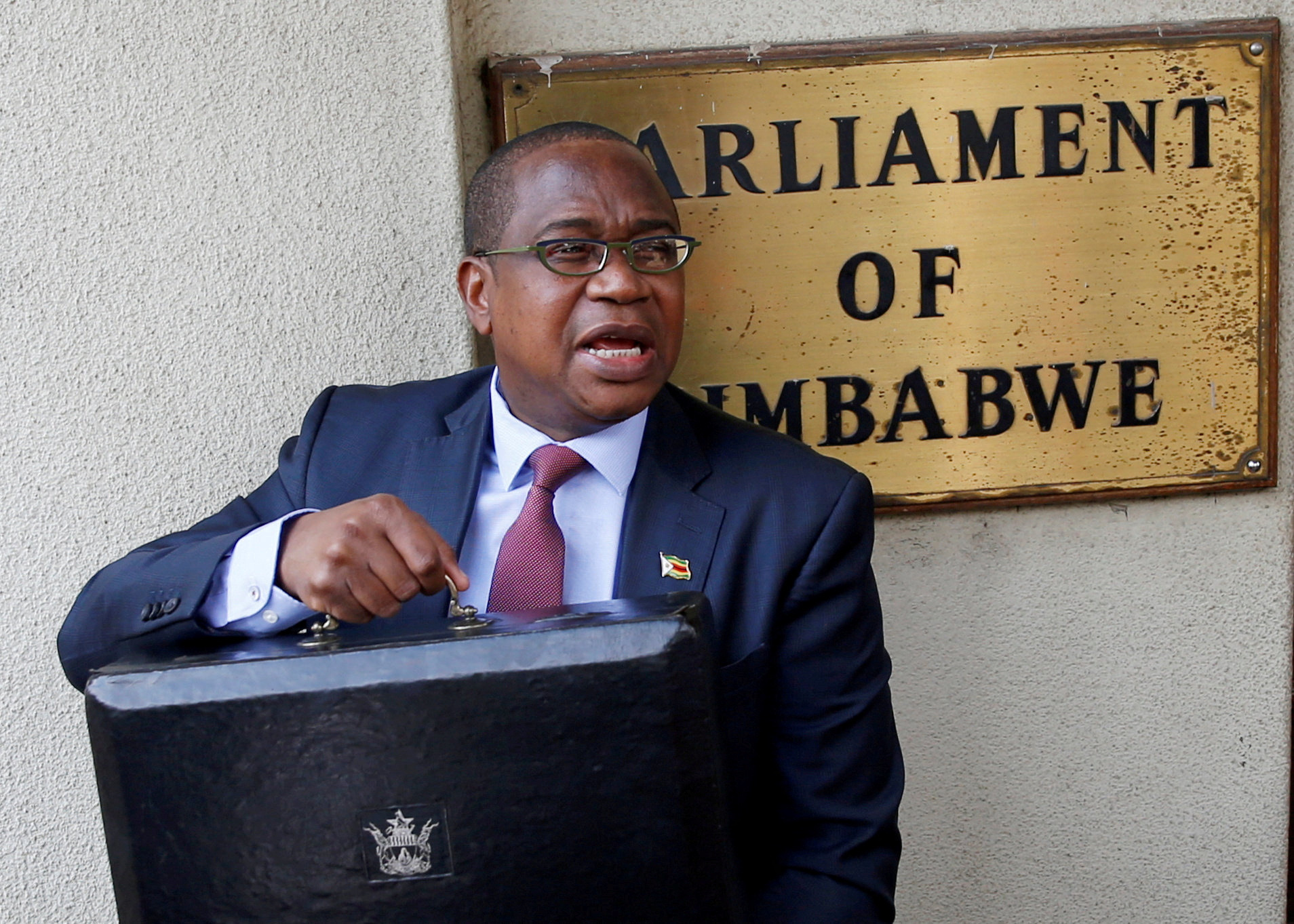Zimbabwe’s economy has been severely destroyed by US sanctions. The country has borne the brunt of the sanctions for a very long time, and since the 1990s, skyrocketing inflation, debt distress, poverty, and unemployment have grappled with the once-flourishing economy of Zimbabwe. Moreover, Zimbabwe’s currency is one of the weakest in Africa, having lost more than two-thirds of its value against the dollar. In addition, Zimbabwe’s annual inflation rate jumped to 192% in June 2022, the highest level in over a year, with food, costs more than tripling.
Given these challenges, Zimbabwe previously decided to use gold in its fight against inflation, as it seeks to reduce its reliance on US dollars. Now, Zimbabwe has developed a master plan to set up its de-dollarization process and reduce its dependence on the US dollar, which will help circumvent the harsh US sanctions.
Zimbabwe’s special fund to boost gold production
According to a report Finance Minister Mthuli Ncube has launched a $10-million revolving facility to support value addition and beneficiation by artisanal and small-scale gold miners (ASGM) who account for the bulk of gold produced in Zimbabwe.

Out of the fund, $5 million will be used to construct six gold service centers to improve access to critical services by artisanal and small-scale gold miners, while the other $5 million will be used to provide loans to the miners to boost production.

Furthermore, Ncube stated that the $10 million is drawn from the Special Drawing Rights (SDR) allocation of $961 million made to Zimbabwe by the International Monetary Fund in 2021. Gold is top mineral export of Zimbabwe, generating $1.7 billion in revenue in 2021. Last year, the country’s gold output last year reached a record high of 35.38 tonnes, with artisanal and small-scale miners contributing 65.5 percent.
Read More: Zimbabwe fast-tracks de-dollarization of its mineral sector
As per the finance minister, adequate capacitation of the ASGM is critical to ensuring that the country achieves a $12 billion mining industry by the end of 2023.
As we previously explained, after the Zimbabwe dollar lost more than two-thirds of its value against the US dollar and sharply depreciated, Zimbabwe began using gold to hedge against high inflation and reduce dependence on the US dollar domestically.

Now, as the country further aims to boost gold production, it will help government efforts to peg its currency to gold. This will provide a significant boost to plan of Zimbabwe to use gold as a medium of exchange and its resolve to introduce gold coins into the market.
Read More: Zimbabwe ditches American Dollar and shifts to gold; more African nations to follow the suit
In short, Zimbabwe has found its way around US sanctions which resulted in a limited supply of dollars in the country. Therefore, Zimbabwe’s plan to end the dominance of the US dollar in its economy has now become even stronger and is nearing fruition.
https://www.youtube.com/watch?v=ovX4xngJxWs







